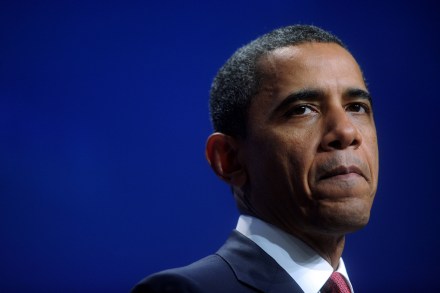An Israeli Spring?
Israeli politicians have been worrying that the Palestinians would join the protests sweeping the Middle East. So far, this has not happened. But now the Israeli leadership is facing something it probably never expected: an Israeli Spring. Tens of thousands of Israelis took to the streets last weekend to protest against the high cost of living and demand that Prime Minister Benjamin Netanyahu conduct extensive economic reforms. Over 150,000 people are thought to have demonstrated in Tel Aviv, Haifa, Jerusalem, Beersheba and six other cities in left-wing protests against housing policy, but which seem to be morphing into a broader political movement. The dissent began a few weeks ago when




















